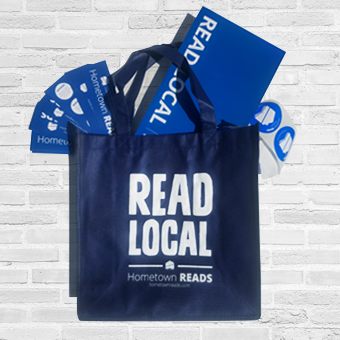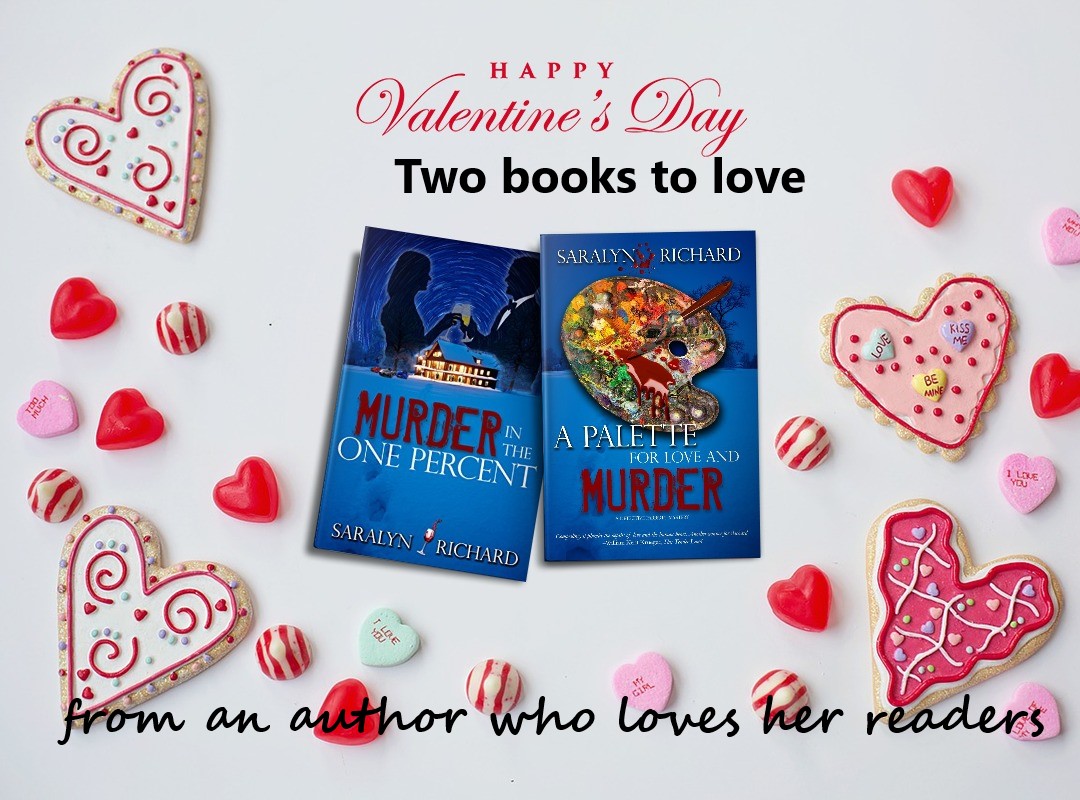News Flash: Books Don’t Sell Themselves
You wrote a book. Hooray! Now comes selling the book. Let’s talk about that.
If you’re going the traditional route, your publisher will do some of the work needed to sell your book. My (now former) publisher arranged reviews, announced the book’s release to libraries, and featured it on their website. I learned I was expected to help get the word out, which back then was a surprise. I thought books sort of sold themselves.
It takes effort to get a book noticed, and whether you publish independently, traditionally, or somewhere in the middle, you’re the one who cares most about your work. You can pay people to promote for you, but that’s expensive and often doesn’t result in the sales authors hope for. You can promote for yourself, choosing how much time and effort you want to put into it. Here are a few ways that can happen.
Book Tours
Authors do tours so they can talk about their books to audiences. These can be virtual or physical. The author sets up dates and places where readers go to hear about the book and learn about the person who wrote it. Since people seldom flock to live author events, I developed a talk for libraries focused on mysteries in general. I highlight the work of others in the genre while tossing in mention of my own books, like Not Dead Yet…. Audiences respond well, since it isn’t an hour of BSP (That’s Blatant Self-Promotion, the reason some authors fail at live events. “Buy my book—it’s great!” is not a good sales technique.)
Advertising
Authors pay newspapers, magazines, websites, etc., for ad space to get their book in front of readers’ eyes. With thousands of new books published every month, markets are extremely competitive. Barnum’s rule of seven (the number of times we hear/see something before we take action) reminds authors we can’t just have a book-launch party and be done. Promotion is an all-the-time thing, which is irritating when you’d rather be writing. There are free sites that list books for readers, usually by genre, and they can be really helpful, but the problem is rising above the crowd. If a reader sees thirty books of the same genre on a given day, what makes that person choose your book over the other twenty-nine? (That leads to talk of blurbs and cover art, but let’s leave that for another day.)
Reviews
Studies show people most often buy a book because someone recommended it. That means authors have to get people talking about their books: librarians, bookstore owners, reviewers, and of course readers. Good reviews are nice for the ego, but people look at the number of reviews as well. It’s a safe bet that anything under ten Amazon reviews means only an author’s friends and relatives have read the book (and some probably just said they did).
Giveaways
This one is controversial, since some feel it devalues authors’ hard work to give books away. While the work I do to make a book as good as possible is substantial, I’m realistic. Without a big publisher backing me these days, I need to give readers a reason to take a chance on me. Once the second book of a series is ready, I give away the first book (like The Sleuth Sisters, written as Maggie Pill) for several days. Later in the series, I make that first book permanently free. It’s a gamble, and sometimes thousands of free downloads each month seem like lost revenue. But readers might have scrolled right by a book with a price tag, and if Book #1 is a hit, #2 will see an uptick in sales.
For me, promotion is much less fun than writing. Still, I never wanted to be that author who writes only for the people who love me too much to care if I’m any good. I have confidence in my writing ability, but I have to keep working in terms of promotion. If you want to succeed, you should do the same. As I said at the start, books don’t sell themselves.









What People Are Saying